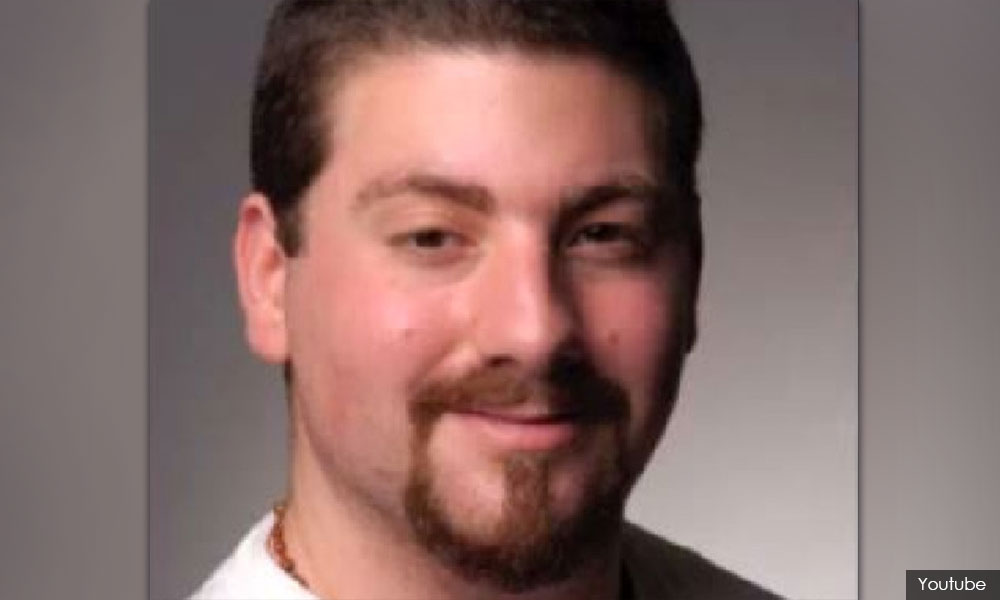An Australian coroner has advised authorities in Victoria to warn residents on the risks of medical tourism, after a Melbourne man who underwent cosmetic surgery in Malaysia died.
"Consumers of medical services overseas (should) be aware that the quality of medical care provided in other countries may not be the same standard as in Australia," said coroner Caitlin English.
She made the remarks in a coroner's report published two weeks ago on the 2014 death of Leigh Aiple, 31.
Aiple had flown to Malaysia in April 2014 to undergo major cosmetic surgery at the Beverly Wilshire Medical Centre (BWMC) in Kuala Lumpur.
Two weeks later, and just a day after returning to Australia, he was dead.

According to the coroner's report, Aiple (photo) had been bullied while in the Australian army over his snoring and loose skin following rapid weight loss. He had sought to remedy this with surgery.
He underwent two surgeries just five days apart during his time at the medical centre, including liposuction, abdominoplasty and upper lip augmentation.
He was discharged from the hospital just a day after his second surgery to continue recovery at a hotel room.
It was then that his recovery became complicated, including ruptured wounds, bleeding, and fainting spells.
A nurse looking after Aiple had on one occasion remarked that his hotel room was "in a mess with blood-stained robes, towels and bedsheets".
When he returned to Australia on May 11, his mother Grace Muscat reported that his wounds were "horrid" and infected. She also said there was a gaping hole oozing fluid.
He died from a blocked lung artery caused by blood clots the next day.
The coroner's report notes several alarming differing views of Aiple's treating surgeon, Dr M Nasir Zahari, and that of Mark Ashton, the former head of plastic surgery at the Royal Melbourne Hospital.

For one, Nasir (photo) considered that Aiple only faced a "moderate risk" of blood clots and assigned him a low dosage of medication to avoid bleeding
However, both Ashton and medical literature that the Malaysian surgeon cited to defend his dosage of medicine, placed Aiple in a high-risk category due to being overweight at 124kg.
The literature cited by Nasir also suggested that the dosage used was only half of what should have been prescribed.
It also noted the patient should have been under close observation for the first four weeks and be advised against long car rides or flights.
Ashton had also noted that Aiple should have been taken back for surgery when his wounds first started to rupture and discharging him was "the very worst thing that could have been done."
Nasir, however, believed the wounds had the ability to "close spontaneously" as the rupture or dehiscence were "quite small" at 0.5cm.
Malaysiakini has contacted the Health Ministry for comment.
Nasir has defended both himself and the BWMC, saying they provided Aipel with their best care.

